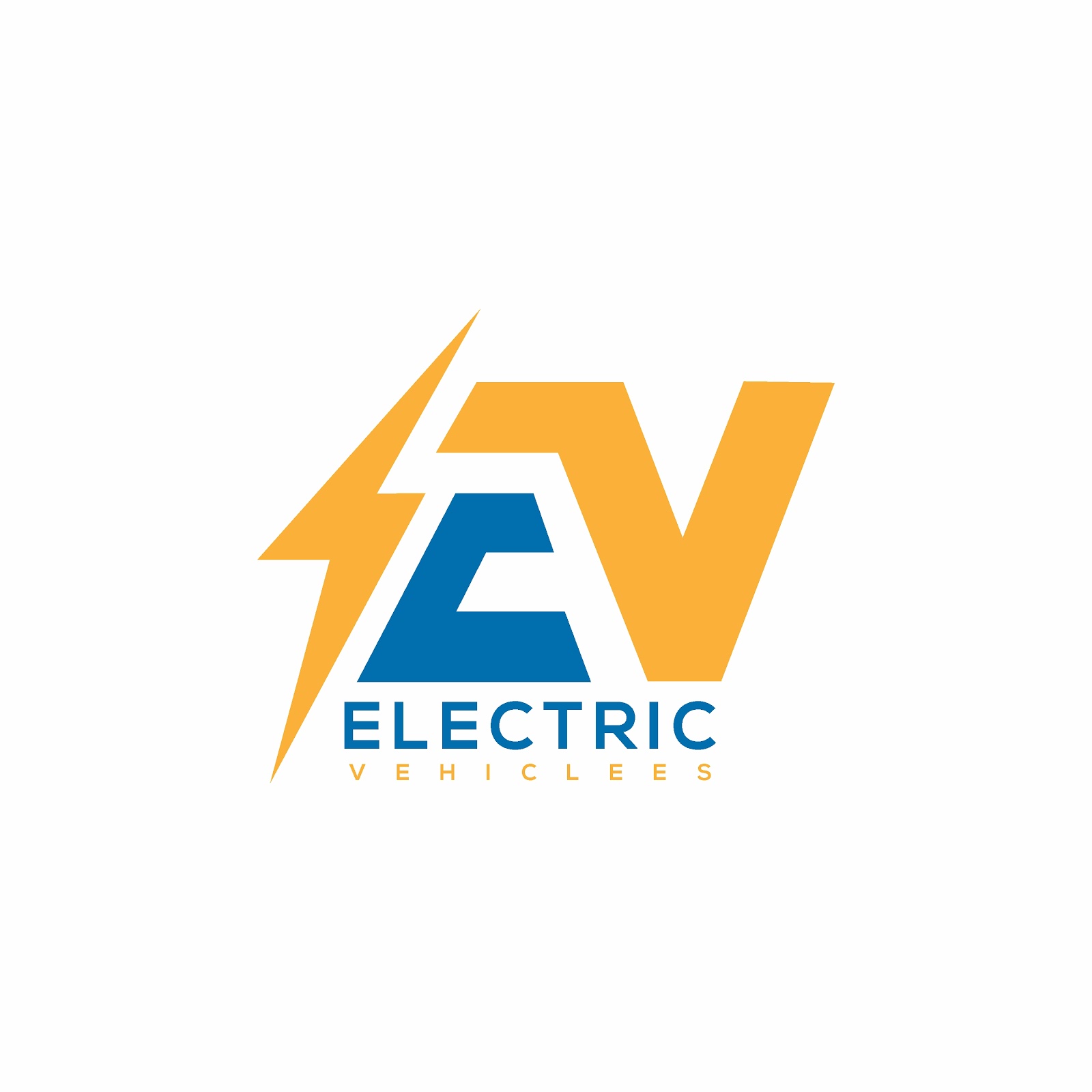In the ever-evolving landscape of transportation, electric vehicles (EVs) have emerged as a promising solution to reduce environmental impact. India, in particular, has set ambitious goals for EV adoption, targeting 30% of all four-wheeler sales to be electric by 2030. However, a critical aspect of this transition is the development of a robust EV charging infrastructure, and the need for reliable "EV charger installers near me" has never been more evident.
The Current State of EV Charging Infrastructure in India
According to a JMK Research and Climate Trends report, India needs approximately 39 lakh semi-public and public charging stations to support around 8 crore electric vehicles. These numbers underscore the monumental task at hand, considering the current scenario where India has only 1 charging station for every 135 electric vehicles.
While the government has launched initiatives like the FAME scheme (Faster Adoption and Manufacturing of Electric Vehicles) and NEMMP (National Electric Mobility Mission Plan), the implementation of these plans, coupled with private sector investments, is crucial for achieving the ambitious 2030 goals.
Barriers Hindering EV Charging Infrastructure Development
Several challenges hinder the seamless development of EV charging infrastructure in India, and addressing these barriers is essential for a successful transition.
1. Insufficient Power Grid:
India's growing population has led to an increased demand for power, expected to rise between 9-12% in the first half of 2023 alone. The strain on the power grid, coupled with the additional demand from EV charging, can lead to regular electricity cuts, especially in underdeveloped areas. This uncertainty can deter potential EV adopters and private sector investors.
2. Geological Diversity:
India's diverse geography, ranging from mountains to jungles and rivers, poses unique challenges for
EV charging infrastructure. Considerations for factors like heavy rainfall in certain areas and the rural-urban divide further complicate the installation and maintenance of charging stations. Innovative solutions, such as fast charging technology and reliance on renewable energy sources, are needed to overcome these challenges.
3. Improper Public Charging Infrastructure:
The Bureau of Energy Efficiency expects India to have 46,397 electric vehicle charging stations across 9 cities by 2030. However, the current reality falls short, with only 5,234 stations in operation. Encouraging small businesses, retailers, and Resident Welfare Associations (RWAs) to host charging stations is crucial, but financial concerns and lack of awareness hinder progress.
Solutions to Scale EV Charging Infrastructure
1. Increasing Renewable Energy Production:
Incorporating renewable energy sources into EV charging infrastructure not only makes it sustainable but also reduces the nation's dependence on fossil fuels. India's abundant resources, including rivers, sunlight, and wind, present an opportunity to generate renewable energy. The government's goal of producing 500 GW of renewable energy by 2030 aligns with this vision.
2. Improving Public EV Charging Infrastructure:
Initiatives by the Ministry of Power and organizations like the Bureau of Energy Efficiency aim to install charging stations in cities, along highways, and in public areas. Under the FAME India scheme, the Ministry of Heavy Industries has accredited the establishment of numerous charging stations, covering expressways and highways, creating a network spanning over 10,000 km.
3. Develop Fast-Charging Technology:
Addressing range anxiety is crucial for widespread EV adoption. The development of fast-charging technologies can significantly reduce charging times, making EVs more appealing to consumers. The government's focus on financially supporting the installation of fast-charging stations is a step in the right direction.
4. Incentivize Private Sector Investment:
Recognizing the pivotal role of the private sector, the government has introduced policies and initiatives to incentivize private sector investment. The FAME scheme, with an INR 800 crore grant to oil companies for setting up charging stations, and allowing 100% Foreign Direct Investment (FDI) in the sector, demonstrate a commitment to collaboration for infrastructure development.
EV Charger Installers Near Me: Bridging the Gap
As an EV charging infrastructure company in India, the emphasis is on the urgent need to address the challenges and implement solutions. The goal is not only to meet the EV 2030 targets but also to create a sustainable and efficient charging network that supports the widespread adoption of electric vehicles.
Final Thoughts:
While India faces macro-level challenges in the development of EV charging infrastructure, the government's efforts and initiatives showcase a commitment to a greener and sustainable future. As the country navigates through these challenges, the role of "EV charger installers near me" becomes pivotal in establishing a network that eliminates range anxiety, encourages private sector investments, and accelerates India's journey towards a cleaner and more sustainable transportation ecosystem.
In conclusion, the journey towards a robust EV charging infrastructure in India requires collaborative efforts, innovative solutions, and a commitment to sustainability. As the nation strides towards its ambitious 2030 goals, the evolving landscape of electric mobility promises a greener, cleaner, and more connected future for all.






